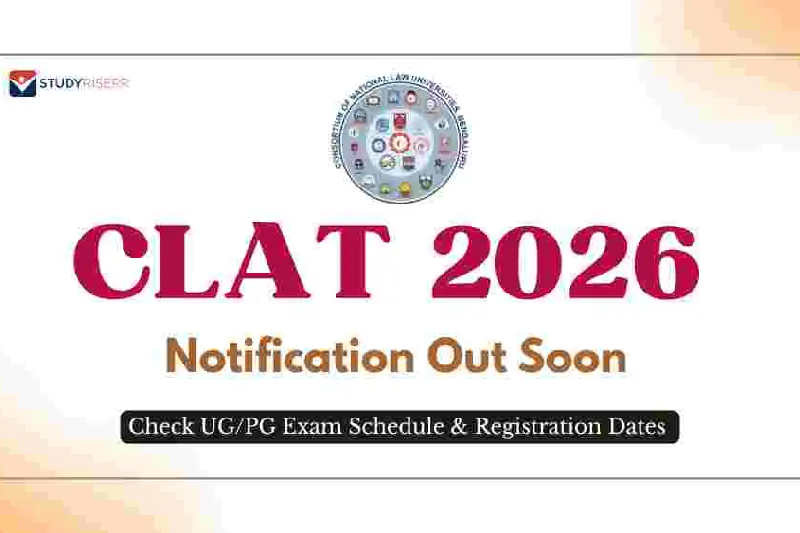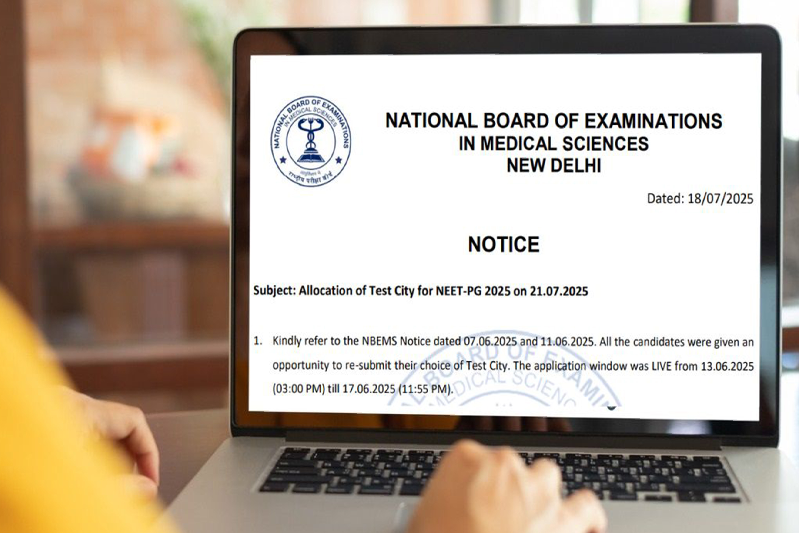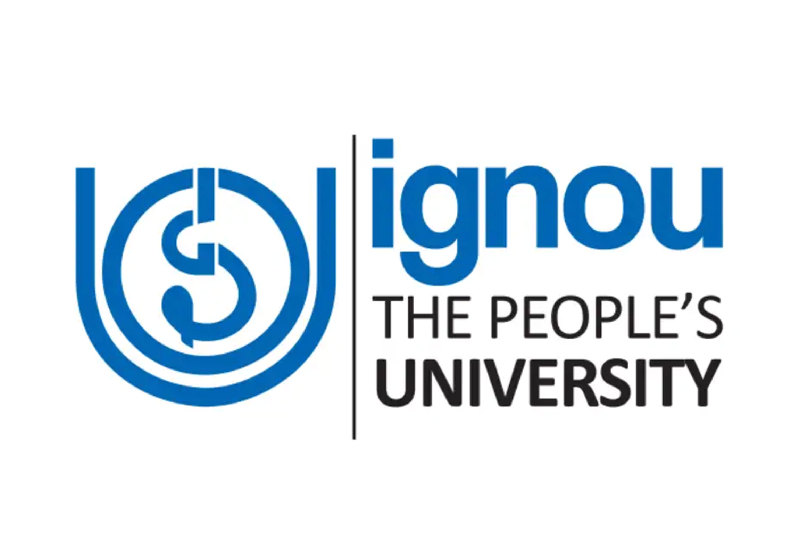
Delhi Schools Kick Off NEEEV Orientation to Embed Entrepreneurship Education for Classes VII to XII
Delhi government schools are taking a giant leap forward by embedding entrepreneurship education into the regular curriculum for students from classes VII through XII. This ambitious initiative is part of the newly launched NEEEV (New Era of Entrepreneurial Ecosystem & Vision) scheme, aimed at fostering an entrepreneurial mindset and skillset among young learners.
What is the NEEEV Scheme?
NEEEV is a forward-looking educational programme aligned with the National Education Policy (NEP) 2020, which emphasizes skill-building and real-world readiness for students. Unlike optional workshops or clubs, entrepreneurship education under NEEEV will be taught as a core subject integrated into weekly lessons, focusing on:
- Innovation and ideation
- Understanding startup ecosystems
- Prototyping and product development
- Funding and financial planning
- Business management and operations
This structured approach ensures students gain practical insights into launching and sustaining a business from an early stage.
Orientation Sessions Begin for School Heads
To launch this transformative scheme effectively, the Delhi government has started mandatory orientation sessions for all principals and heads of government schools across the city. These sessions aim to:
- Equip school leaders with the knowledge and tools to implement NEEEV successfully
- Prepare them to guide faculty in delivering entrepreneurship lessons
- Address potential challenges in execution and monitoring
The orientation programme is being conducted by the State Council of Educational Research and Training (SCERT) and will run until July 24, 2025.
Implementation Framework in Schools
For smooth operation and oversight, each school must:
- Appoint a NEEEV Program Coordinator, responsible for managing and monitoring the scheme through an upcoming online portal
- Establish a School Innovation Council (SIC) chaired by the principal, which will supervise entrepreneurship activities and review student projects
These structures are designed to create accountability and foster a culture of innovation within schools.
Weekly Sessions by Dedicated Faculty
Classroom sessions on entrepreneurship will be delivered weekly by faculty members specially designated by the school principal. This consistent engagement throughout the academic year will ensure students build knowledge incrementally and apply what they learn in hands-on projects and real-life scenarios.
Two Flagship Components to Inspire and Support Students
To further enrich student participation and learning, the Delhi government is introducing two signature initiatives under NEEEV:
- NEEEV Dialogue: A biannual speaker series featuring entrepreneurs, startup incubators, and industry experts. This platform will inspire students, provide mentorship, and expose them to the realities and opportunities of entrepreneurship.
- Startup Stormers: A competitive event for students from Class IX onwards. Selected student teams with innovative business ideas will have the opportunity to receive financial backing to develop prototypes into actual startups, bridging the gap between ideas and market-ready ventures.
Building on Past Success: Business Blasters Programme
The NEEEV scheme builds on previous efforts by the Delhi government to promote entrepreneurship education. In the 2019–20 academic year, the Aam Aadmi Party government introduced a curriculum that included the Business Blasters initiative. This program provided seed funding to students, enabling them to transform their ideas into real-world ventures. The success of Business Blasters laid a strong foundation for the more comprehensive and systematized NEEEV scheme.
Why Entrepreneurship Education Matters
Integrating entrepreneurship into school curricula responds to the growing need for equipping young people with skills that extend beyond traditional academics. Some key benefits include:
- Developing critical thinking and problem-solving abilities
- Encouraging creativity and innovation
- Fostering financial literacy and business acumen
- Preparing students to navigate real-world challenges confidently
- Empowering students to create employment opportunities rather than solely seeking jobs
By starting early, the Delhi government hopes to nurture a generation of self-reliant, innovative leaders and change-makers.
What Students Can Expect
Under NEEEV, students will gradually be introduced to a comprehensive entrepreneurial journey:
- Understanding the concept and mindset of entrepreneurship
- Learning about how startups are formed and operate
- Gaining hands-on experience with prototyping and pitching ideas
- Exploring funding sources and financial management
- Developing project management and leadership skills
This holistic approach ensures students not only learn theory but also engage in practical exercises that simulate real business challenges.
The Role of Teachers and Schools
Teachers will receive training to become effective facilitators of entrepreneurship education. By appointing coordinators and forming innovation councils, schools create an ecosystem that supports both teachers and students in this new academic venture.
School principals and heads will play a pivotal role in championing the scheme, overseeing its smooth integration, and fostering an environment where creativity and innovation can flourish.
Conclusion: A New Era for Delhi’s Students
The launch of the NEEEV scheme marks a significant milestone in Delhi’s education system. By embedding entrepreneurship education across classes VII to XII, the government is paving the way for a more dynamic, skills-based learning environment. This initiative not only aligns with the broader goals of the National Education Policy 2020 but also addresses the urgent need for future-ready education.
With well-structured orientation for school leaders, dedicated faculty involvement, institutional support via coordinators and innovation councils, and exciting flagship programmes like NEEEV Dialogue and Startup Stormers, students in Delhi are poised to receive a world-class entrepreneurship education.
As this scheme rolls out, it will be interesting to watch young learners evolve into innovators, entrepreneurs, and leaders who can contribute significantly to India’s economic and social progress.



